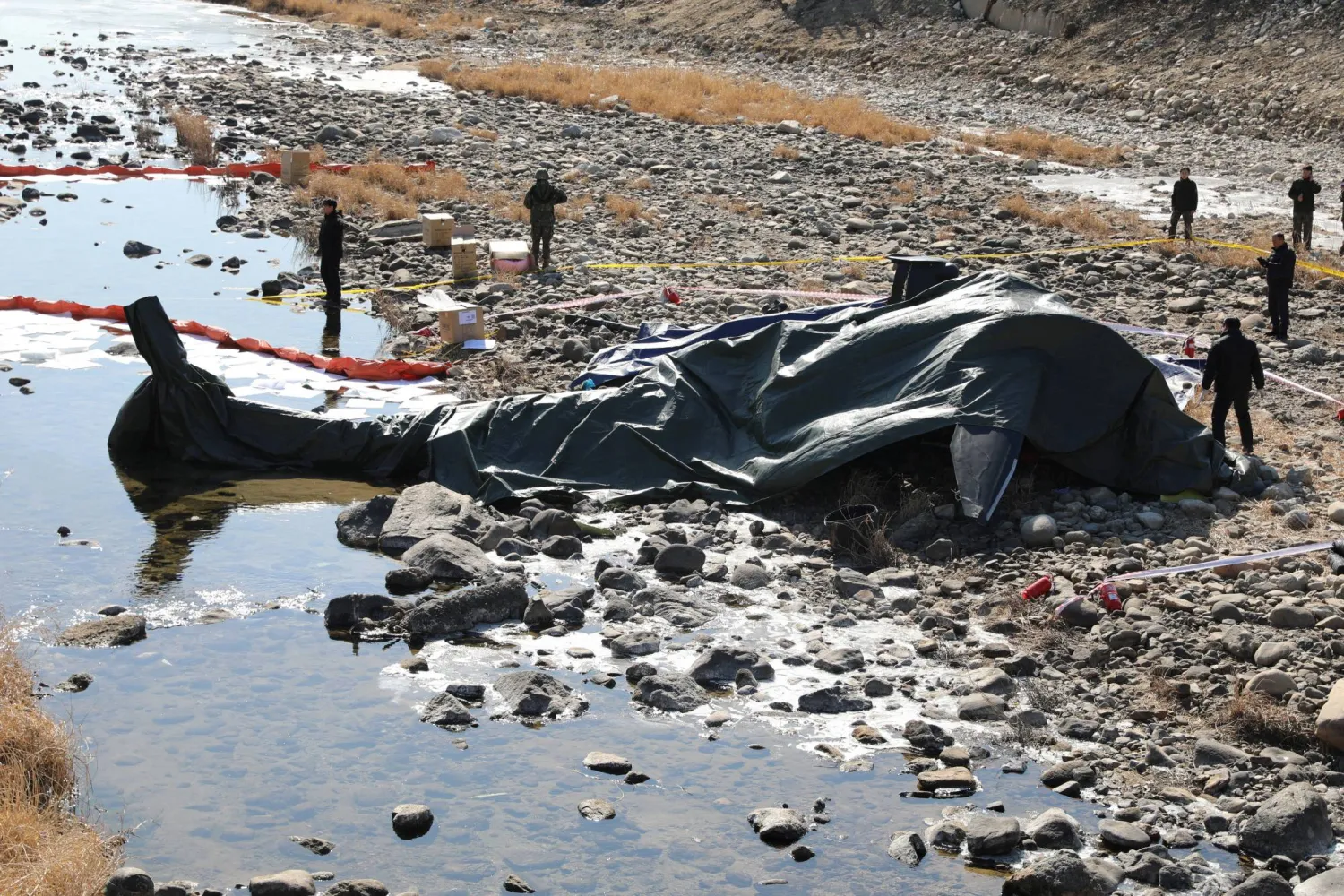The United Nations Security Council approved a resolution Friday that strongly condemns attacks on humanitarian workers and UN personnel, and demands that all combatants protect them in accordance with international law.
The vote was 14-0 with Russia abstaining.
The Swiss-sponsored resolution expresses grave concern at the growing number of attacks and threats against UN and humanitarian personnel along with the continuing disregard and violations of international humanitarian law by combatants.
“The goal of the resolution is as simple as it is important,” Switzerland’s UN Ambassador Pascale Baeriswyl told The Associated Press on Thursday. “It’s about protecting the men and women who work and risk their lives — every day — to help people affected by armed conflict.”
The resolution does not single out any conflict, but it is being voted on as battles rage in Gaza, Ukraine, Sudan, Myanmar and many other hotspots around the world.
It is the seven-month war in Gaza, however, that has seen the greatest number of attacks on UN and humanitarian personnel. Over 190 UN staff have been killed, a death toll unprecedented in the United Nations’ nearly 80-year history, according to UN Secretary-General Antonio Guterres.
The war has also seen the killing of other humanitarian personnel, including seven World Central Kitchen workers who died in an Israeli airstrike last month.
Baeriswyl said in a statement to AP that the resolution was being put to a vote at a very timely moment. The Geneva Conventions, which Baeriswyl described as the cornerstone of international humanitarian law and a reflection of our common humanity, commemorates its 75th anniversary in August.
The resolution calls on all countries to respect and protect humanitarian and UN personnel as required by international law. And it calls on all nations and parties to armed conflict to respect international humanitarian law and their obligations under the Geneva Conventions.
It “strongly condemns attacks and all forms of violence, including sexual and gender-based violence, threats and intimidation against humanitarian personnel and United Nations and associated personnel.”
The resolution urges combatants “to respect the principles of distinction, proportionality and precaution in the conduct of hostilities and refrain from attacking, destroying, removing or rendering useless objects indispensable to the survival of the civilian population.”
It also urges warring parties to facilitate “full, safe, rapid and unhindered humanitarian access to all civilians in need, and to promote the safety, security and freedom of movement of humanitarian personnel and United Nations and associated personnel.”
On another issue, the resolution condemns “disinformation, information manipulation and incitement to violence” against humanitarian and UN staff and it encourages all countries and the United Nations to take action to address these threats.
If approved, the resolution would express the council’s determination to take steps to provide for the safety and security of humanitarian and UN staff. It would ask the UN Secretary-General to make recommendations within six months on measures to prevent attacks, ensure accountability and enhance protection of humanitarian and UN staff.









